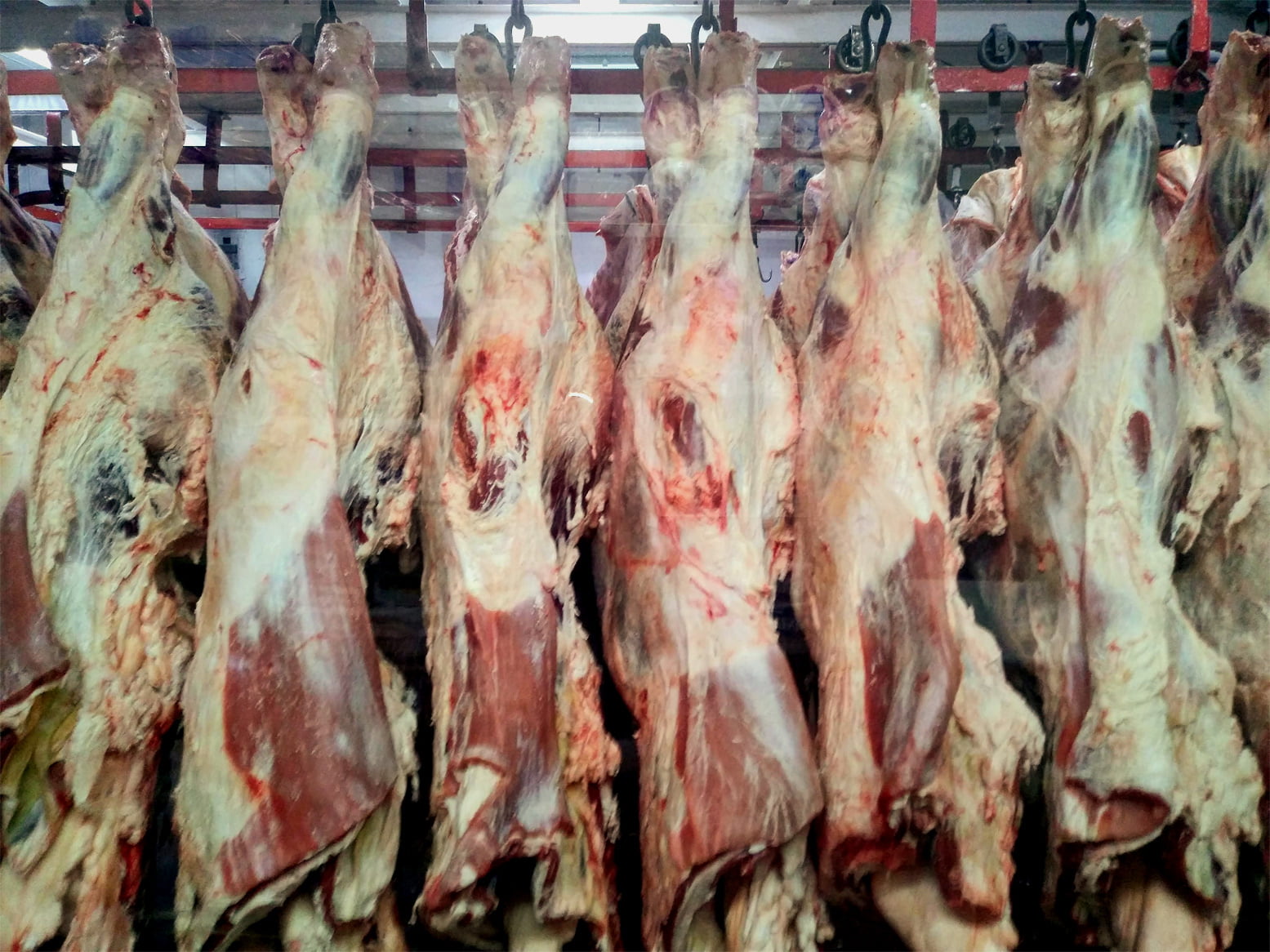JBS SA, the world’s largest meat processing company has 150 industrial plants around the world. Based in São Paulo, Brazil, operates in the United States as JBS USA where it cemented its position as the the largest beef processor in the world when it purchased Swift & Company in 2007 for $1.5-billion.
Over 100 JBS USA workers at a plant in Greeley, Colorado tested positive for the with coronavirus in April 2020 and four workers there died. This lead to a temporary closure of the plant with over 3,000 employees. Outbreaks of Covid-19 have also been found in five other JBS beef processing plants throughout the country. Health experts fear the number of cases will keep going up at meat plants, farms, warehouses and packaging factories across the globe.
The Brazilian company runs a plant in Australia that uses only robotic machinery to slaughter sheep. Recently the company’s Chief Financial Officer, Guilherme Cavalcanti said that similar automation will be deployed for other livestock as JBS expands automation at its facilities around the globe. Plans to use robots in slaughterhouses were already on the drawing board at most major meat and poultry companies but these plans have seen a real boost as the meat packing industry struggles to deal with health threats to its workers from the coronavirus pandemic
Covid-19 has infected 4,900 workers at 115 meat processing plants and has left 20 of these dead, according to CDC data from April 9-27. Its not just JBS that is affected. At Smithfield Foods and Tyson Foods workers are also getting sick and their bosses face the same pressures. These events have worsened difficult problems for the food companies as labor was already tightening in U.S. plants following a drop in immigration. Labor has become a major stumbling block for the industry worsened as the virus sickens workers and shuts plants. It all makes for a perfect storm which will be a catalyst for the increased the adoption of automation
The truth is that work in the meat processing business is dangerous, low pay work which was ripe for automation before the coronovirus outbreak. Over the coming decade expect the food industry to become more and more automated, which means millions of jobs will be eliminated entirely by 2030. Some experts fear that companies will use threats from pandemics as a reason to accelerate up their adoption of automation and artificial intelligence.
Meanwhile, President Trump recently issued an executive order under the Defense Production Act instructing meat processing plants to stay open.

